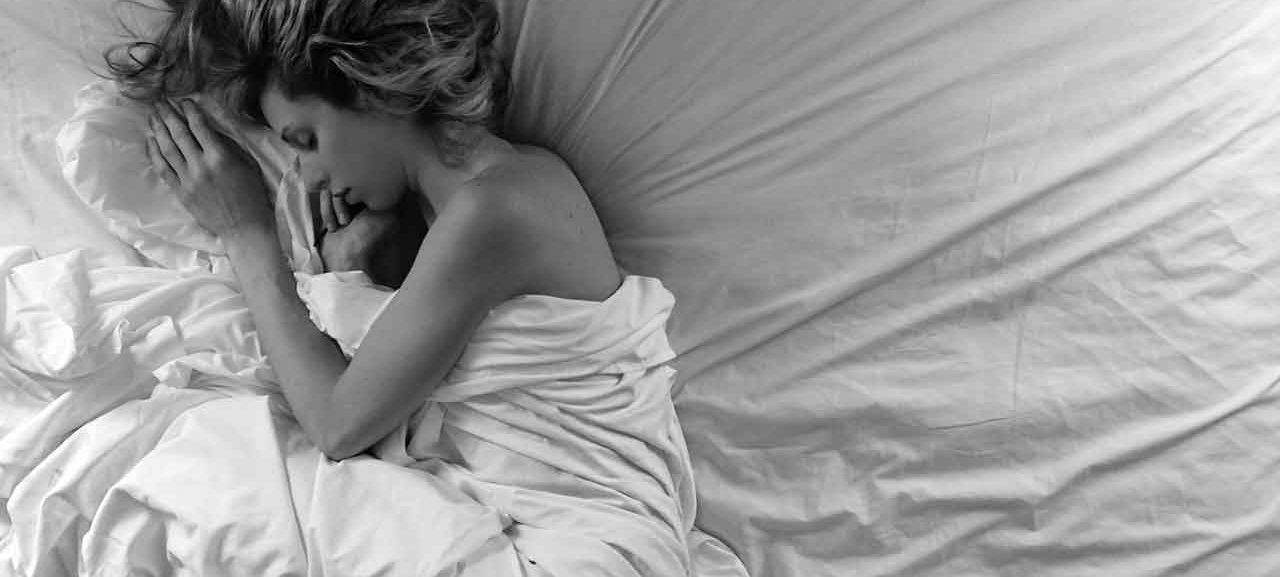How to Sleep Better

Good sleep hygiene, good sleep habits for your body, and a good sleep environment can affect how easily and deeply you sleep. Here’s how to sleep better.
What exactly does it mean to sleep better?
The National Sleep Foundation defines good sleep as falling asleep in no more than 30 minutes; waking up no more than once per night; falling back asleep in 20 minutes or less if you do wake up; and getting most of your sleep in bed.
Hitting all these benchmarks is not easy. Luckily, you can make in your everyday life and sleep habits to help you fall asleep faster and sleep better at night.
YOU MIGHT ALSO LIKE: The Science Behind Taking a Perfect Nap
Exercise and better sleep
Regular exercise can improve your sleep. A 2014 study published in Alternative Therapies in Health and Medicine found that participants who took twice-weekly yoga classes had better sleep quality, fell asleep faster, and stayed asleep longer than those who did not. They also showed lower levels of fatigue, anxiety, and anger, and most reported higher overall well-being.
Aerobic exercise has also been shown to improve sleep. In a 2010 study of adults who suffered from insomnia, participants were assigned to either 16 weeks of aerobic exercise or no exercise. At the end of the study, the exercise group had a better sleep quality and higher daytime function than the non-exercise group.
Practicing good sleep hygiene
Participants in this study were also taught how to sleep better using good sleep hygiene, a set of habits that create positive conditions for sleep both in your body and your environment. These habits include avoiding alcohol, caffeine, and nicotine for at least four hours before bed; exercising during the day but not before bed; limiting spicy or heavy foods in the evening; and sleeping in a quiet, dark, and slightly cool room.
People with demanding jobs or who perform shift work often have poor sleep hygiene. However, many studies have found that even if you have a stressful job or irregular schedule, good sleep habits can still improve the quality and duration of your sleep.
How light affects sleep
Sun exposure impacts your circadian rhythm, regulates hormone production, and helps your brain recognize the difference between night and day. The National Heart, Lung, and Blood Institute recommends getting at least 30 minutes of exposure to outdoor sunlight each day to help regulate your internal clock.
And if you often watch TV, use a computer, or look at a smartphone before bed, you may be sabotaging your sleep. These devices emit blue light, which can prevent you from falling asleep. To fall asleep faster, avoid screens for at least an hour before bedtime. If you must use a computer or smartphone in the evening, turn on the Night Shift filter so the screen emits amber light, which research has shown does not interfere with sleep the way blue light does.
How to fall asleep fast
If you’re used to tossing and turning, waiting for your mind to calm down enough to fall asleep, finding a better way to fall asleep may seem impossible, even if you’ve adopted daily habits that improve your chances of sleeping.
So how can you fall asleep faster?
One study comparing different forms of exercise found that meditative movement like tai chi can help you fall asleep. On average, participants who did tai chi spent 18 minutes less falling asleep and stayed asleep 48 minutes longer than participants who did the same amount of low-impact exercise.
Relaxation techniques can also help. One of these is progressive muscle relaxation, which involves tensing large groups of muscle all over your body and slowly releasing them one by one. Another is visualization, during which you breathe quietly and deeply while picturing yourself in a peaceful location. Practicing either of these ways to fall asleep can help you relax and fall asleep more quickly.
How to sleep better
The ways that you fall asleep, and what you do if you wake up at night, can also affect the quality of your sleep.
Listening to calming music before bed can result in better sleep. In a 2008 study, researchers examined students with a history of sleep problems. They found that participants who listened to classical music at bedtime had deeper and more restful sleep than those who listened to an audiobook or nothing.
Practicing a technique known as stimulus control can also help you sleep better. This involves only getting in bed when you are already tired; getting up if you are awake and can’t fall back to sleep; having an established wake time in the morning, after which you get up immediately; and only using your bed for sleep and sex, not for reading or watching TV.
These habits create a strong association between sleep and your bed, making it easier in the long run for you to fall asleep fast and sleep deeply, rather than lying awake staring at the clock.
Updated:
April 08, 2020
Reviewed By:
Janet O’Dell, RN